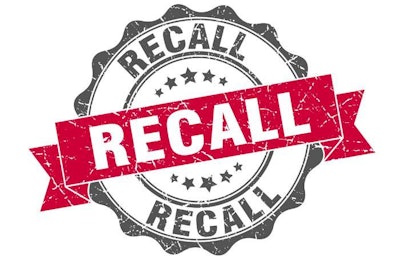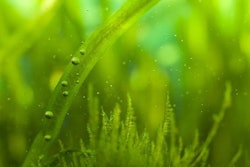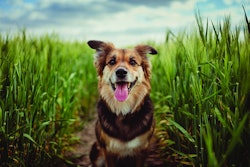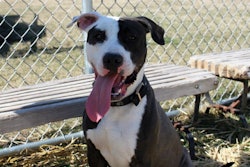
Adapted from a press release:
The U.S. Food and Drug Administration cautioned pet owners not to feed their pets certain lots of Darwin’s Natural Pet Products raw cat food. Samples from these lots tested positive for Salmonella. These cat foods have been associated with cases of illness in three kittens in a single household.
- Darwin’s Natural Pet Products Natural Selections Antibiotic & Grain Free Chicken Recipe for Cats, Lot 9116, manufactured on May 2, 2022.
- Darwin’s Natural Pet Products Natural Selections Antibiotic & Grain Free Turkey Recipe for Cats, Lot 9121, manufactured on May 4, 2022.
These products are manufactured by Arrow Reliance Inc., doing business as Darwin’s Natural Pet Products, and are sold online direct to consumers.
The FDA collected and analyzed unopened samples of products from these two lots after receiving a report of illness in three kittens in a single household that had consumed the food and developed diarrhea. A stool sample from one of the kittens tested positive for Salmonella. A fourth kitten did not eat the food and did not become sick.
Whole genome sequencing of the Salmonella in the two products revealed that the turkey product contained Salmonella Typhimurium, while the chicken product contained Salmonella Typhimurium and Kentucky.
The products are sold in white and clear plastic packages with blue and green labeling. Each pack weighs two pounds and consists of four separate units. The lot codes are on the front lower left unit of the package.
Salmonella can affect both human and animal health. People with symptoms of Salmonella infection should consult their health care providers. Consult a veterinarian if your pet has symptoms of Salmonella infection.
Salmonella is a bacterium that can cause illness and death in humans and animals, especially those who are very young, very old, or have weak immune systems. According to the Centers for Disease Control and Prevention (CDC), people infected with Salmonella can develop diarrhea, fever and abdominal cramps. Most people recover without treatment, but in some people, the diarrhea may be so severe that they need to be hospitalized. In these patients, the Salmonella infection may spread from the intestines to the blood stream and then to other body sites unless the person is treated promptly with antibiotics. Consult your health care provider if you have symptoms of Salmonella infection.
Pets do not always display symptoms when infected with Salmonella, but signs can include vomiting, diarrhea (which may be bloody), fever, loss of appetite and/or decreased activity level. If your pet has these symptoms, consult a veterinarian promptly. You should also be aware that infected pets can shed the bacteria in their feces without showing signs of being sick.
Risks from Salmonella in pet food
Pet foods contaminated with Salmonella are of particular public health importance because they can affect both human and animal health. Pets can get sick from Salmonella and may also be carriers of the bacteria and pass it on to their human companions without appearing to be ill. The FDA is aware of cases in which humans and/or animals have gotten sick from exposure to Salmonella-contaminated pet foods.
Once Salmonella gets established in the pet’s gastrointestinal tract, the animal can shed the bacteria when it has a bowel movement, and the contamination can continue to spread. Because animals can shed the bacteria when they have bowel movements, it’s particularly important to clean up the animal’s feces in yards or parks where people or other animals may become exposed, in addition to cleaning items in the home.
The Federal Food, Drug, and Cosmetic Act requires that all animal foods, like human foods, be safe to eat, produced under sanitary conditions, contain no harmful substances, and be truthfully labeled. Refrigeration or freezing does not kill Salmonella.














